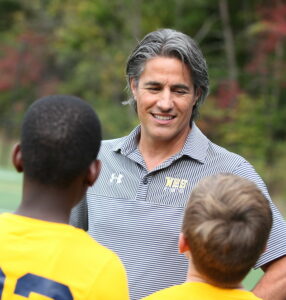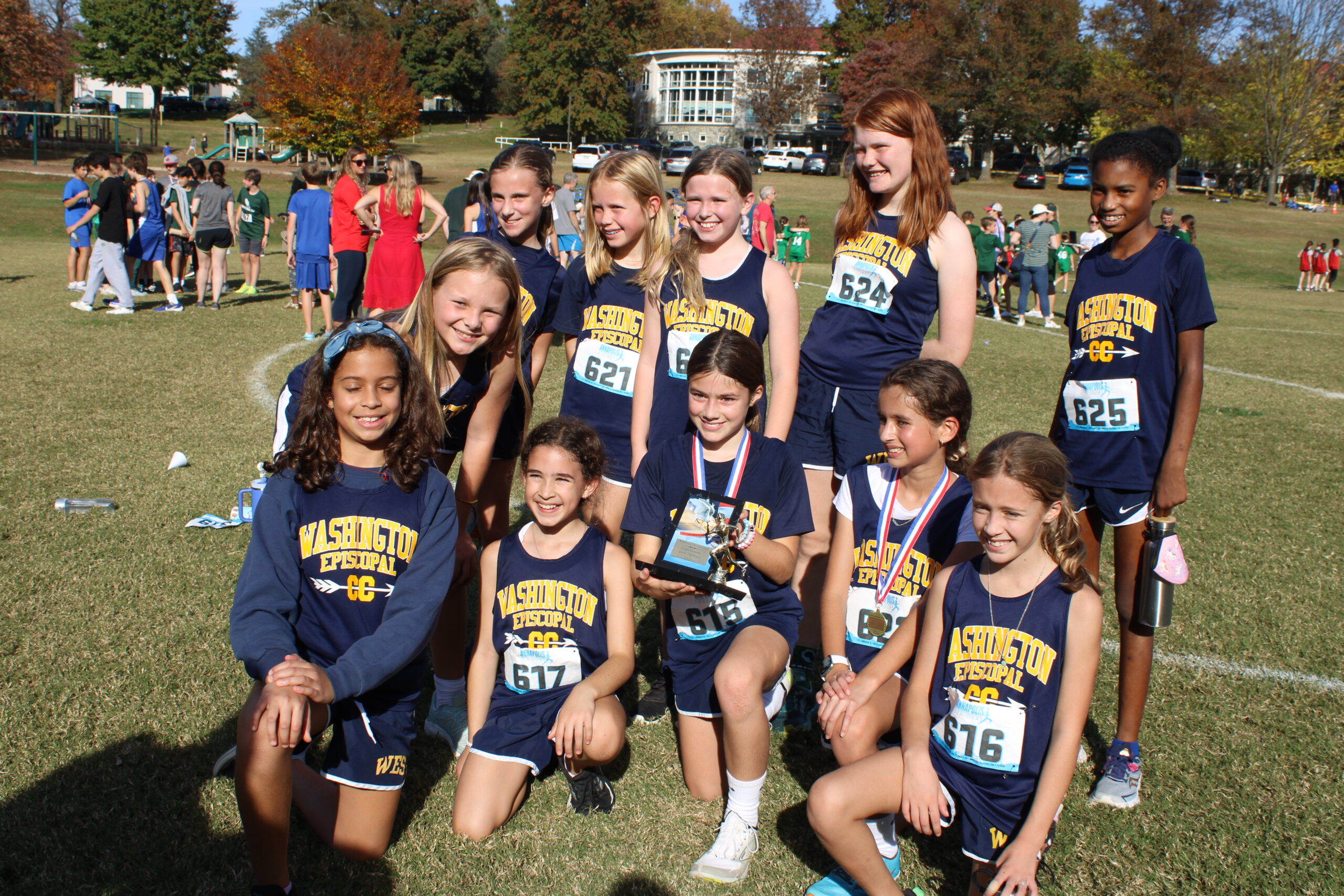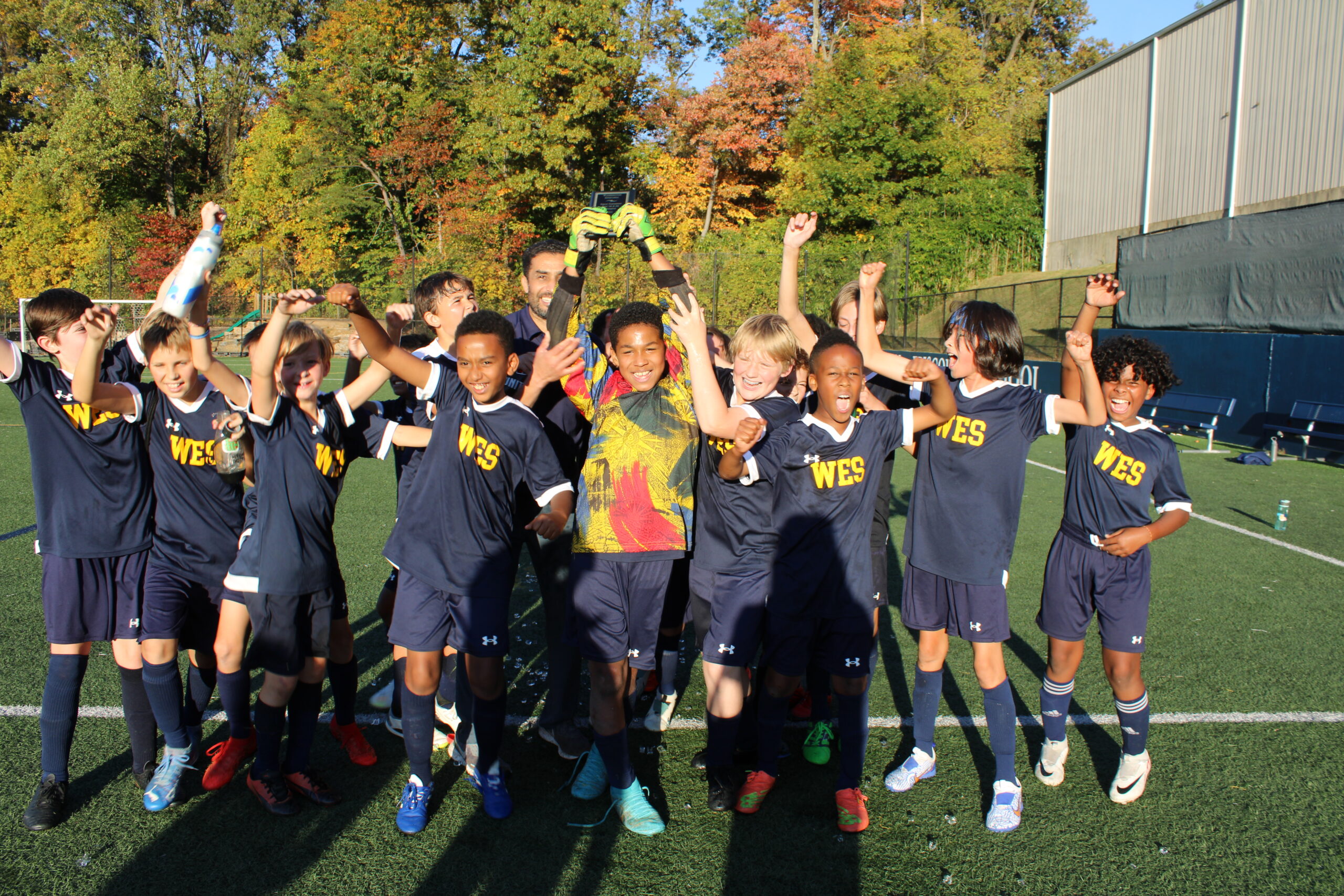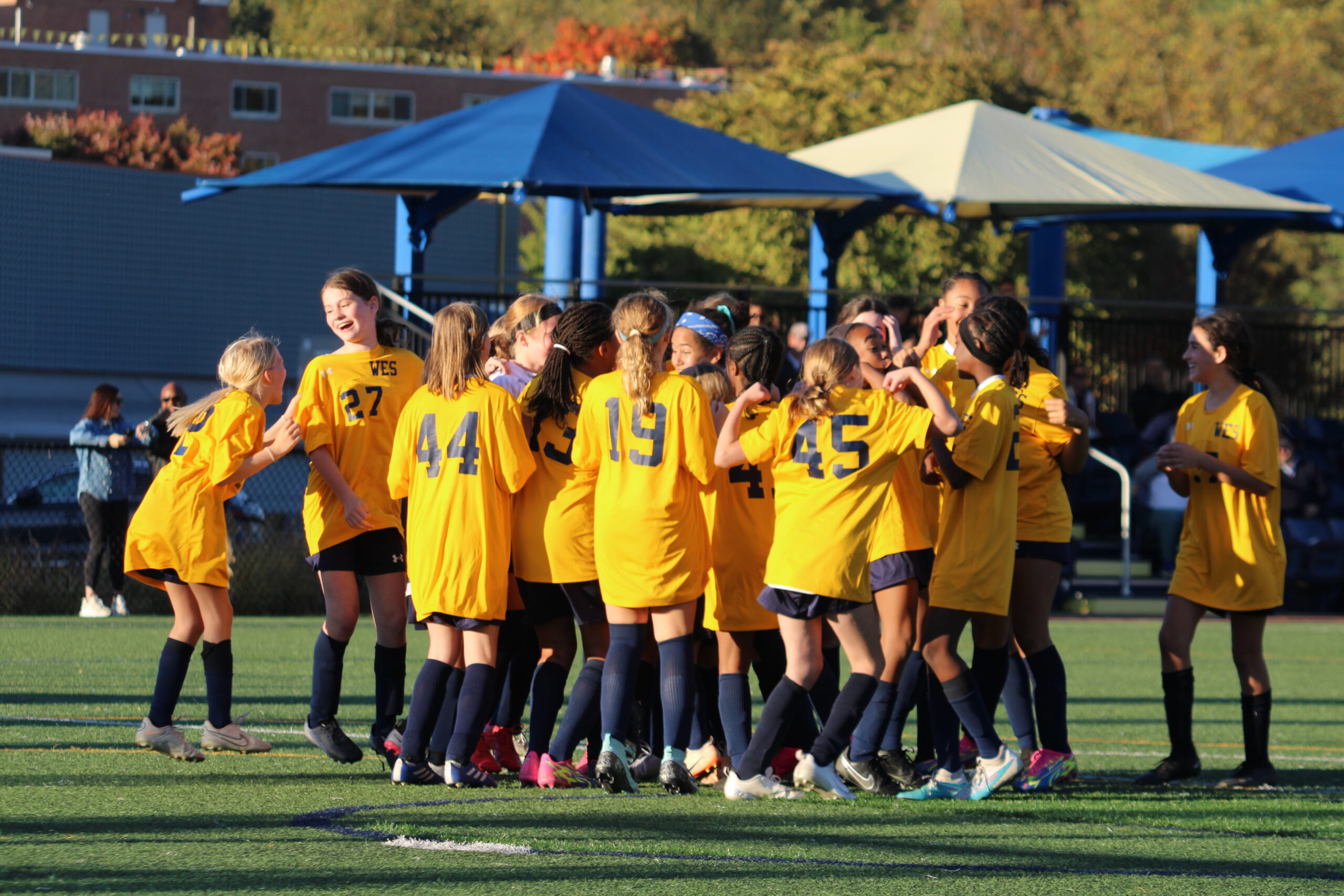July 2025
| Monday | Tuesday | Wednesday | Thursday | Friday | Saturday | Sunday |
|---|---|---|---|---|---|---|
|
Tuesday July 1
|
Wednesday July 2
|
Thursday July 3
|
Friday July 4
|
Saturday July 5
|
Sunday July 6
|
|
|
Monday July 7
|
Tuesday July 8
|
Wednesday July 9
|
Thursday July 10
|
Friday July 11
|
Saturday July 12
|
Sunday July 13
|
|
Monday July 14
|
Tuesday July 15
|
Wednesday July 16
|
Thursday July 17
|
Friday July 18
|
Saturday July 19
|
Sunday July 20
|
|
Monday July 21
|
Tuesday July 22
|
Wednesday July 23
|
Thursday July 24
|
Friday July 25
|
Saturday July 26
|
Sunday July 27
|
|
Monday July 28
|
Tuesday July 29
|
Wednesday July 30
|
Thursday July 31
|
No events.















